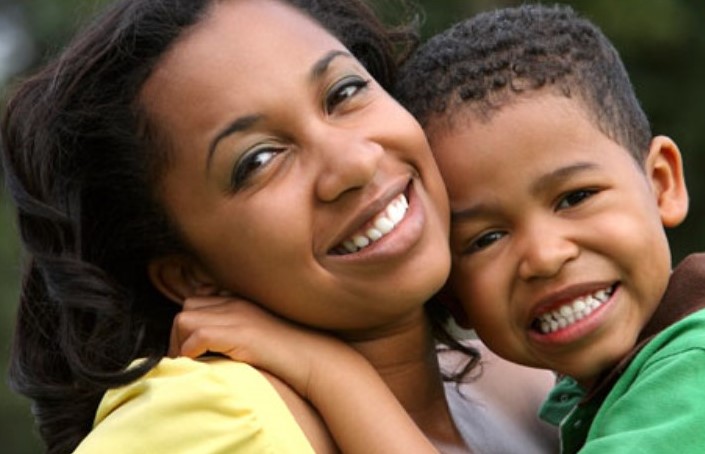Helping Parents Navigate the Coronavirus Crisis with Their Children

 By Aimee Salas
By Aimee Salas
As if parenting isn’t difficult enough, now add in an international concern like COVID-19 (Coronavirus). You’re busy, tired, and concerned yourself. How should you handle this with your child?
Prepare yourself for that conversation by making sure you have all the facts and a plan of action for your family.
The Centers for Disease Control (CDC) has an excellent fact sheet that allows you to separate fact from rumor. Find that fact sheet here.
Your approach matters: Your child sees you as their link to information and safety from the world’s most stressful events.
- Remain calm even if you don’t feel that way. If you are overly worried, this will prompt your child to become increasingly anxious as well.
- Be reassuring and share the information that you know in a matter-of-fact way, aligned with what you believe. Tell them many experts are working hard on the problem and that this will resolve over time.
Meet them where they are. Young children need brief and simple explanations about what is happening, what they can do (with your support) to stay healthy, and reassurances that their home and school environments are being made as healthy as possible.
Older children will want to discuss what is happening in more detail and will likely refer to what they are hearing through school, friends, and social media. Be factual, accurate, and honest. This helps them feel more in control.
High school age are more able to have an adult-like conversation.
- Take time to look at factual information together so they have valid sources to check into.
- Discuss the importance of communicating information they are receiving that conflicts with what you are telling them so you can work through it together.
Keep the conversation going: It is critical that to support your child in being healthy and maintaining a calm demeanor that this conversation is not once and done.
- Check in regularly with them to know what they are hearing, listen to their fears, and address any issues that may be arising for them.
- Monitor what information they are exposed to from the television and social media. Equip them with tools that help them daily such as hand sanitizer and sanitizing wipes.
- Stay up to date with the information your child’s school is putting out and comply with request they are making to keep everyone safe.
You may do all of these things and your child may still become anxious and need additional support. The exposure through the news and constant conversation of a pandemic can trigger many feelings and increase anxiety.
If your child is having a difficult time talking to you, attending school, completing their usual daily routine, having difficulty eating and sleeping, or experiencing other symptoms of anxiety it is important to reach out to your local community mental health provider for assistance.
Your child does not need to feel this way. Help is available to support the emotional wellness that you want for your child and that they deserve.
___________
Aimee Salas is the Chief Innovations Officer for Child Guidance Resource Centers.
[uam_ad id=”80503″]
.
[uam_ad id=”80502″]
Connect With Your Community
Subscribe to stay informed!
"*" indicates required fields


































![95000-1023_ACJ_BannerAd[1]](https://vista.today/wp-content/uploads/2023/03/95000-1023_ACJ_BannerAd1.jpg)













